Previously, we have started to discuss implementing the Cambridge curriculum for your school in part 1, in the last article we published. We covered base topics such as what should be your objectives working up to a Cambridge curriculum, which principles are to follow in building the Cambridge pathway for your school, and of course ‒ what it actually is. Today, we will continue on to the really interesting stuff; about how to build the syllabus for each subject group.
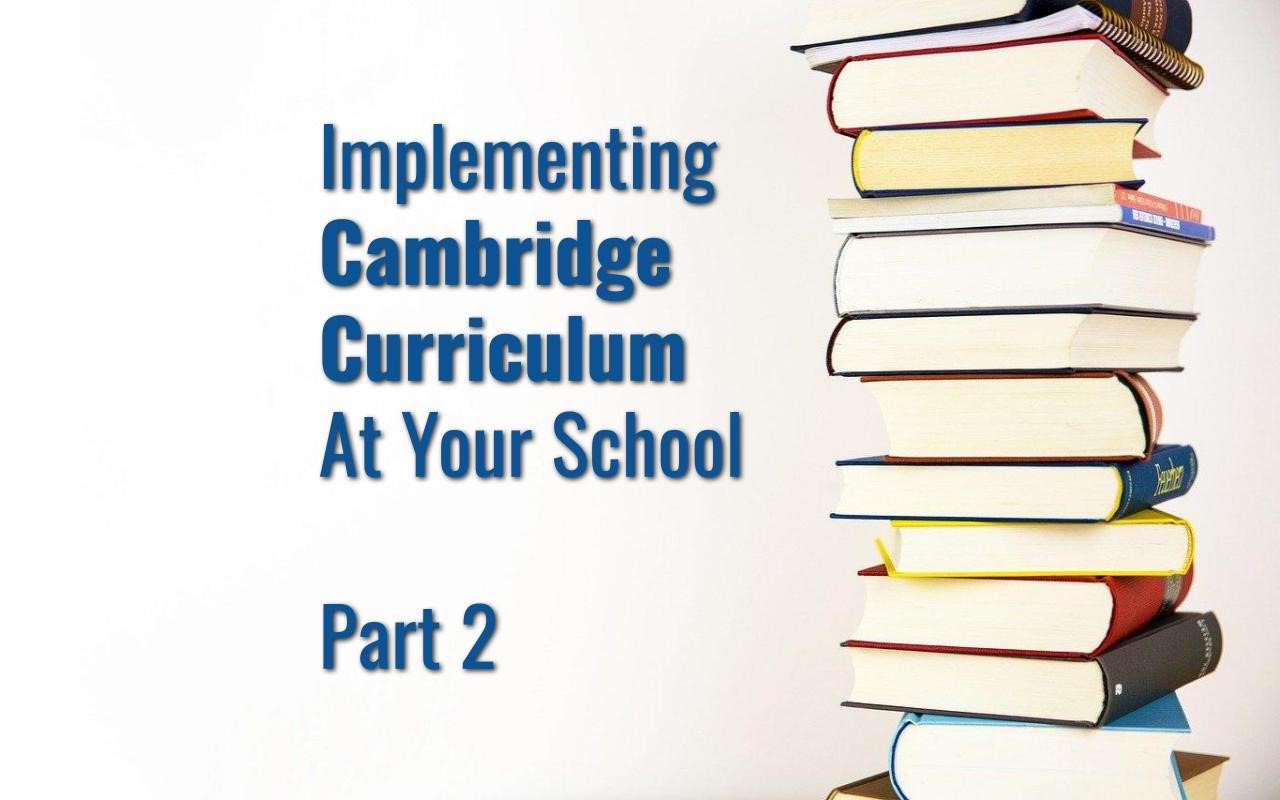
Cambridge Primary Level
There are 10 subjects in this level intended for school beginners, kids from 5 to 11 years. Each subject breaks down into 6 stages that you can teach over around a year (or more or less as you determine the pace of your institution). Each subject is again divided into ‘strands’ of key learning objectives (for example, English can be structured by four strands of listening, speaking, reading, and writing).
English (First Language)
Cambridge Primary English (as the first language) is intended for kids who already can speak English to a communicable degree. Therefore, you can expect them to read and write and speak in English, to some degree, from the very first class. You will have to structure this syllabus with such content that will help the students acquire a good foundation level onto which the learning of all other subjects can stand. This takes precedence over most subjects since the Cambridge curriculum heavily relies on the English language being a global learning and communication support platform.
English (Second Language)
When you don’t need to communicate in English all the time, but need it for practical purposes like learning and business, then this would be a more suitable choice for non-English speaking kids. This supports a multilingual learning paradigm and should be configured as to provide the best supportive learning environment that can be utilized to learn other subjects in English.
Mathematics
This is the stage where kids need a basic understanding of how math works and have a holistic understanding of the subject. This subject develops in three strands ‒ numbers, geometry and measurements, and statistics and probability.
Computing
The computing syllabus develops in five strands ‒ computational thinking, programming, managing data, networks & digital communication, and computer systems. Your syllabus should help students to understand what a computer is and how it works in the basic level; and learn basic block-based programming to know how each piece of computer hardware works together.
Science
Perhaps the most important in this era of advancement and enlightenment, teaching science properly at the grassroots level is extremely important for Cambridge. It should develop in five strands ‒ Biology, chemistry, physics, earth and space, and science in context. The learning experience should depend heavily upon hands-on learning and using basic scientific equipment. Your curriculum must encourage thinking scientifically and logically and working through cause-and-effect scenarios. The science in context strand, meanwhile, should focus on the role of science in our society, culture, and history.
Global Perspectives
Focusing on the skills of research, analysis, evaluation, reflection, collaboration, and communication, the Global Perspectives subject ‒ while not mandatory ‒ should still be a subject highly encouraged to the students. This is the subject that truly teaches the “international” part of an international curriculum and so it has immense value. You should prepare the syllabus of this subject to accommodate different perspectives ‒ local and global. The subject should be highly flexible, be integrated as a part of other subjects, and have at least one dedicated class every week.
Art, Music, Physical Education, Digital Literacy
These are rather unique subjects in the sense that you never teach them in conventional ways. The Art curriculum needs explanation of concepts and approaches for different types of artistry. Learning music should be a fun experience that encourages the students to spread their performative wings, and also teach them to respond to and recognize masterworks. The Digital Learning syllabus should not only teach how to apply a computer for daily usage, but also prepare the child against online malice. And last but not least, physical education should form a very essential part of the curriculum, since regular exercise and an active lifestyle help students to not only stay healthy but also have a great psychological balance.
Assessments
You need to implement two kinds of assessments at this level ‒ progression tests and a checkpoint. You can take progression tests as soon as you see your students ready; meaning, you can divide them into a flexible routine and spread the classroom assessments and tests evenly or oddly. You have to interpret the results with tools provided by Cambridge and analyze areas of improvement and readjust your teaching methodology accordingly.
The Cambridge Primary Checkpoint is the main course-end key your students have to turn. It will tell you if a student is ready to move on to the next level and their depth of understanding of the subjects. Cambridge provides these tests themselves and marks them (for English, Math,s and Science). You will have to test the Global Perspectives program through a team project, overviewed by Cambridge. This page will give you more information about the Cambridge Primary Level assessments.

Cambridge Lower Secondary
Best for kids of 11 to 14 years old, this level is somewhat comparable to the previous level, only with more content to learn. Like the previous level, no single subject is compulsory and you can flexibly create your own curriculum. The subjects should have three stages of learning spread over three to four years, each stage taking as much time as necessary for proper understanding and skill development. Cambridge will review the framework to make sure it fits its philosophy and standards.
English (As the first language)
Best suited for Cambridge learners who wish to go truly international and who already have good proficiency in written and spoken English, this subject sits between the basic level of the previous years and the advanced literature levels available later. You should enable it to provide the students with excellent understanding and creative skills useful to study other subjects. Students of this subject should learn about using various language features in professional life, as well as develop a keen, critical reading skill.
English (As second language)
Less voluminous than the above, this subject is targeted to give the students all the lingual skill support they need to continue studying other Cambridge subjects in English effortlessly in the coming years. Though not intended to be as strong a First language, students should still be able to develop enough skills to use English professionally with the help of this subject. Note that while this subject is not mandatory per se, you should make it so (for students with other First languages), because otherwise, it doesn’t make sense to study in the Cambridge curriculum.
Mathematics
Continuing to uphold the philosophy of thinking and working mathematically, the Cambridge Lower Secondary Mathematics prepares the students for the next level. At this level, you will introduce algebra, continuing to delve deeper into geometry, numerics, and statistics. Your course should also include chapters to familiarize the students with the application of mathematics in other subjects like science and social science, and enable them to study those subjects with enough numeracy and stats skills.
Sciences
This is perhaps the most important stage in a student’s learning journey where childhood’s broad ideas give way to sharper specializations. Teaching not only the whats but also the whys of how the universe functions, this subject builds further understanding of biology, chemistry, physics, earth, and space sciences. The philosophy here should remain strong on thinking and working scientifically and with logical, critical, and analytical skills taking the front seats.
Provide scientific equipment to your learners to inspect and use wherever possible, and familiarize them with everyday objects using the scientific theories they have understood so far. Still providing a holistic view of the world of science, this should prepare the students for the imminent forking of ways that is to come and advise them about how to choose properly.
Digital Literacy
Putting more emphasis on staying safe online, this subject should teach the students all they need to know to run and protect their devices securely and efficiently. An equal amount of importance should go into respect and concern for other users.
Computing
Introduce text-based software at this level; explore algorithms and flowcharts; get into spreadsheets and databases. Introduce networking and new-age concepts such as machine learning and AI.
Art
Continuing the same learning objectives as before, the Art curriculum should try and bring out the hidden artist that lives within all children.
Music
This curriculum should let the students explore as many varieties of musical performance and then help them choose which seems best suitable to their persona and abilities.
Physical Education
Health is wealth and this should be the message that gets drilled into a student at this stage. Maintaining an active and healthy lifestyle with plenty of exercise and team sports to build spirit should be the target of your curriculum. Try out gymnastics carefully too.
Global Perspectives
At this stage, learners should get to understand why personal, local, and global perspectives differ about the effects and execution of various subjects on life. Same as the previous level, the method of integrating the classes with other subjects should go on here, as should the philosophy of research, analysis, evaluation, reflection, collaboration, and communication. You should also try to arrange full-day activities in this curriculum that help students familiarize themselves with the real-world applications of everything they are learning.
Assessments
You can schedule classroom assessments as you see fit, but Cambridge will provide the Progression tests and the Checkpoint test. Progressions tests are available online and on paper (auto-marking is available for some online tests), which will have to be analyzed using the tools from Cambridge. Compare the results with those around the world and you will get to know how your school is doing internationally. The Lower secondary checkpoint works the same way as before, with English, Math, and Science taken in written papers and Global Perspectives taken as an individual research report. Go to this page for more information.
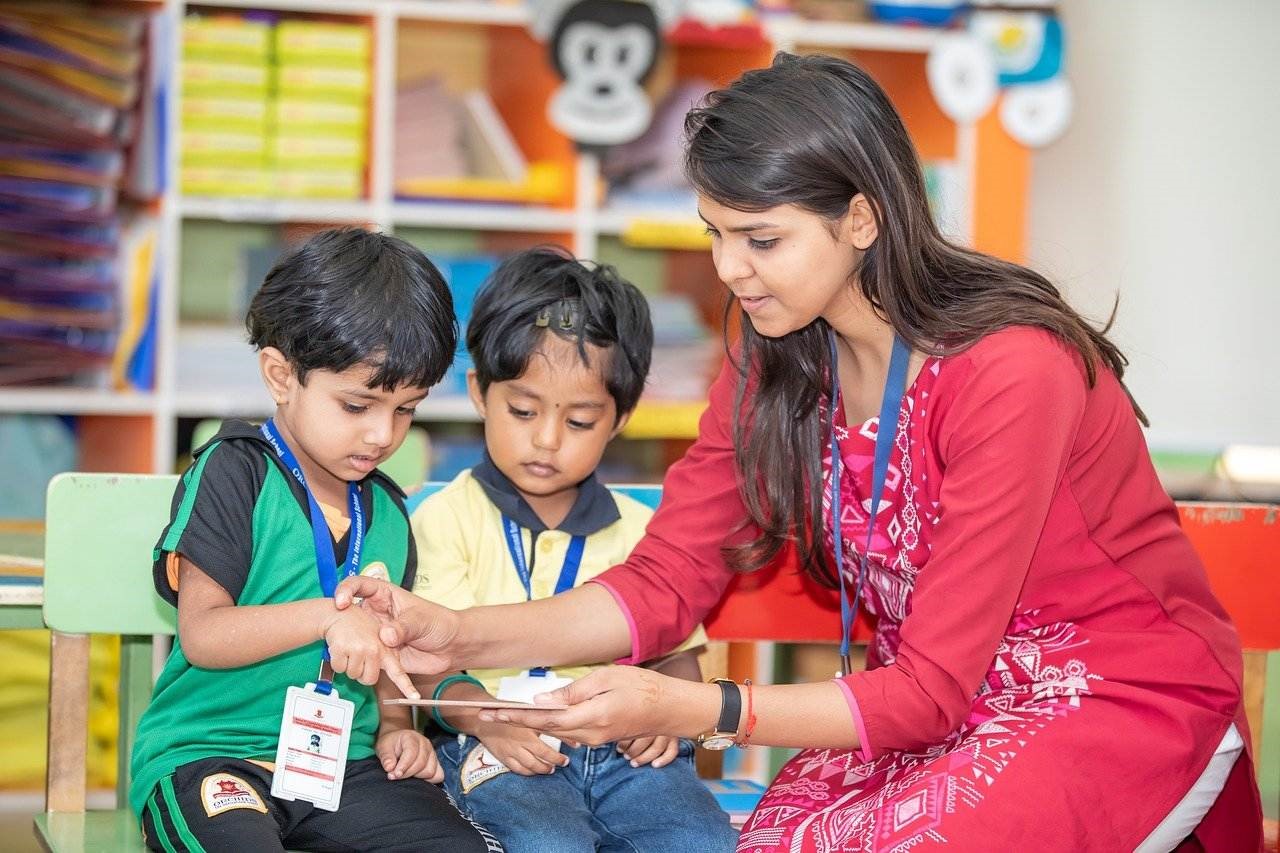
Cambridge Upper Secondary
This is the prime education level that marks the beginning of a student’s career. To enable that, there are plenty of varied subjects available to study at this level (suitable for 14-16 year olds). Depending upon your educational aim, you can go for designing a broad, balanced curriculum offering lots of different areas of learning; or you can sharpen your curriculum into one or two narrow specialties. Or anything in-between, really, Cambridge is truly flexible. The levels are called IGCSE or O-level; here we shall assume you would want to adopt the more popular IGCSE.
What is Cambridge IGCSE
The International General Certificate of Secondary Education (IGCSE) is Cambridge’s crown jewel. There are 70 subjects discretely available and each is separately certified. It is a formal recognition of a student’s learning level (at that age, tentatively) on a particular subject accepted worldwide.
The content for the IGCSE curriculum should be created in such a way that it avoids all cultural biases, and that suits a wide variety of schools. Learners from all kinds of backgrounds with enough knowledge in the base subjects should feel comfortable with the curriculum. The goal of the curriculum should be to provide a baseline education strong in creative thinking, enquiry, and problem-solving skills.
All learners have to pass course-end assessments, also called components, which consist of written papers, orals, coursework, and practicals. They award grades from A* to G, from high to low. When a student’s first language is not English, there may be some options available through which students can achieve the qualification. This gives students a broader band of opportunities to demonstrate their learning.
Science Subjects
From this level, students get to shape their scientific education. Depending upon your educational aims, you can keep teaching all sciences together as a single subject ‒ or choose the far more normal way of separating each science subject on its own. Of course, the latter way is the best way to provide the most content to your students. To retain flexibility, you should allow students to take any and all science subjects in combination with other subjects. That is, they can choose to take all the science subjects, or they may choose to major in one subject, or may even take one or two of them as electives.
To even further flexibility, Cambridge Upper Secondary offers two other types of science subject options, separate from standard discrete subject syllabuses. In the Co-ordinated Science option, each science subject has double the course content than normal, and consequently, a qualification in one of these subjects counts as a double IGCSE for that subject. Naturally, this is most useful for students who plan to aim their career down that particular lane, preparing early. Conversely, students who do not need to study science any further than this level can take Combined Science, having one-third content of each subject.
Core Subjects and Supplements
All the main IGCSE subjects ‒ that is, English, math, and science subjects come in two flavors ‒ ‘Core’ and ‘supplement’ (or ‘extended’). Anyone taking one of these subjects must complete the core tier to qualify for passing IGCSE. But, their grading will be capped within C to G only (as opposed to A*-G grading for other subjects). On the other hand, those who wish to specialize in a particular direction can take the ‘supplement’ tier add-on have to study a lot more, but now they will be graded on the full A* to G scale as normal.
You should take care while designing your IGCSE curriculum around this methodology. The core subjects are intended to provide a well-rounded education to go forward in career and life. Whereas, the extended syllabus is much more cognitively demanding and only applicable to future experts ‒ normal students without a special affinity to the subject won’t be able to cope with them.
Clearly, your choice of streaming your students into either tier will hugely impact the future education and career of your pupils. Schools know their students best, and if you think all your students can handle the extra load then by all means go ahead and choose all science subjects at the supplementary tier. But if your school caters to a rather backward sect of the demographic then we advise you to keep all subjects at the core tier only. Schools serving all kinds of students will, of course, want to keep both options open.
Remember when we talked about continuity in the last article ? This is a fine example where that applies strongly. If you or your students want to study a supplement tier subject, they would need a strong, continuous line of progression previously. If your institute is providing multiple certifications with the option to change lines, then you will have to make sure your IGCSE core and supplementary subjects are compatible with the other course you’d teach before this level. If educational gaps are unavoidable ‒ as they sometimes are, when going inter-discipline ‒ you would also have to provide proper support courses for short term.
Flexibility is a good deal more prominent at the IGCSE level. The Cambridge Upper Secondary level is recommended to be studied for two years, but schools may choose to complete it in one or three years as well. Some schools may require students to study 8-9 subjects for a longer period, and some others can utilize a more specialized curriculum with only 5-6 subjects. Please take into account the flexibility of offering combined or coordinated subjects, core or supplementary.
Last but not the least, remember that from this level onwards practical education gets really serious. You should have the proper laboratory infrastructure for this, and Labkafe can help you set up an IGCSE-level laboratory.

Cambridge Advanced
At 16 to 19 years of age, students are raring to get specialized, to get into careers. Naturally, they would want to study specializations only. However, you can still use this time to teach a broad, balanced syllabus ‒ or you can specialize. This is called the Cambridge AS & A Level.
What are Cambridge AS & A Levels
‘AS’ stands for ‘Advanced Subsidiary’ and ‘A’ stands for ‘Advanced’. The AS level subjects have half the content than A level subjects, and students are generally capable of finishing them in one year only. AS levels need two years. Degrees are offered at the end of both years, and there are options to sit for board exams at the end of either year as the student chooses. Meaning, that an A-level student can go through the tests in two iterations or a single one at the end of the course.
In most parts of the world, a Cambridge AS level degree is sufficient to enter there. Students can carry forward their AS level credit and get a full A-level later. As these are almost all specialty subjects, they demand more classroom and individual study time.
The Cambridge advanced level brings great flexibility to this slab. You can either provide non-staged, solid blocks of A-level or AS-level degrees (after 2 or 1 year of study respectively). Or you can let the student go through a staged approach, where each stage of one year includes some AS and A level subjects. In the first year, all subjects will be AS level; next year, the student may choose to keep some of them to upgrade them to A level and replace the others with other AS level subjects. An example follows:
- Year 1:
- Mathematics AS level
- Physics AS level
- Chemistry AS level
- Biology AS level
- Year 2:
- Physics A level
- Computation AS level
- Global Perspectives AS level
In this example, the student has chosen to specialize in advanced physics, and so dropped one subject to free up study time for the advanced content. Meanwhile, she is covering a total of 6 subjects, in all of which she will be internationally acceptable if passed.
Cambridge Pre-U Program
The Pre-U program is available as a diploma or separate recognition. If the student chooses to get a Pre-U diploma (recognized throughout the world for university grade qualification), then she has to choose three subjects. Or she can take certifications in each of those subjects discretely. However, to get the diploma the Global Perspectives & Research qualification. All of this can be done in parallel to or in replacement of the A-level program. The qualifications are graded finely into nine levels of recognition (3 each for Distinction, Merit, and Pass). Note that you have to get special approval to get this implemented in your school.

A Last Word for Implementing the Cambridge Curriculum
Flexibility. Integration. Global recognition. Global understanding. All of these are salient points of the Cambridge curriculum and so should they be yours as well when you need to build it into your school. School subjects should target conceptual development, and substantive content should form the widest part of the curriculum. Overlapping of concepts inside the curriculum throughout subjects should be expected and welcome. For example, a student may encounter the concept of renewable energy in physics, geography, economics, and politics. The global perspectives pathway can help them reconcile these overlapping concepts easily and effectively. In the end, a robust yet adaptable framework will be your key to success while implementing the Cambridge curriculum in your school.
Image courtesy: pixabay
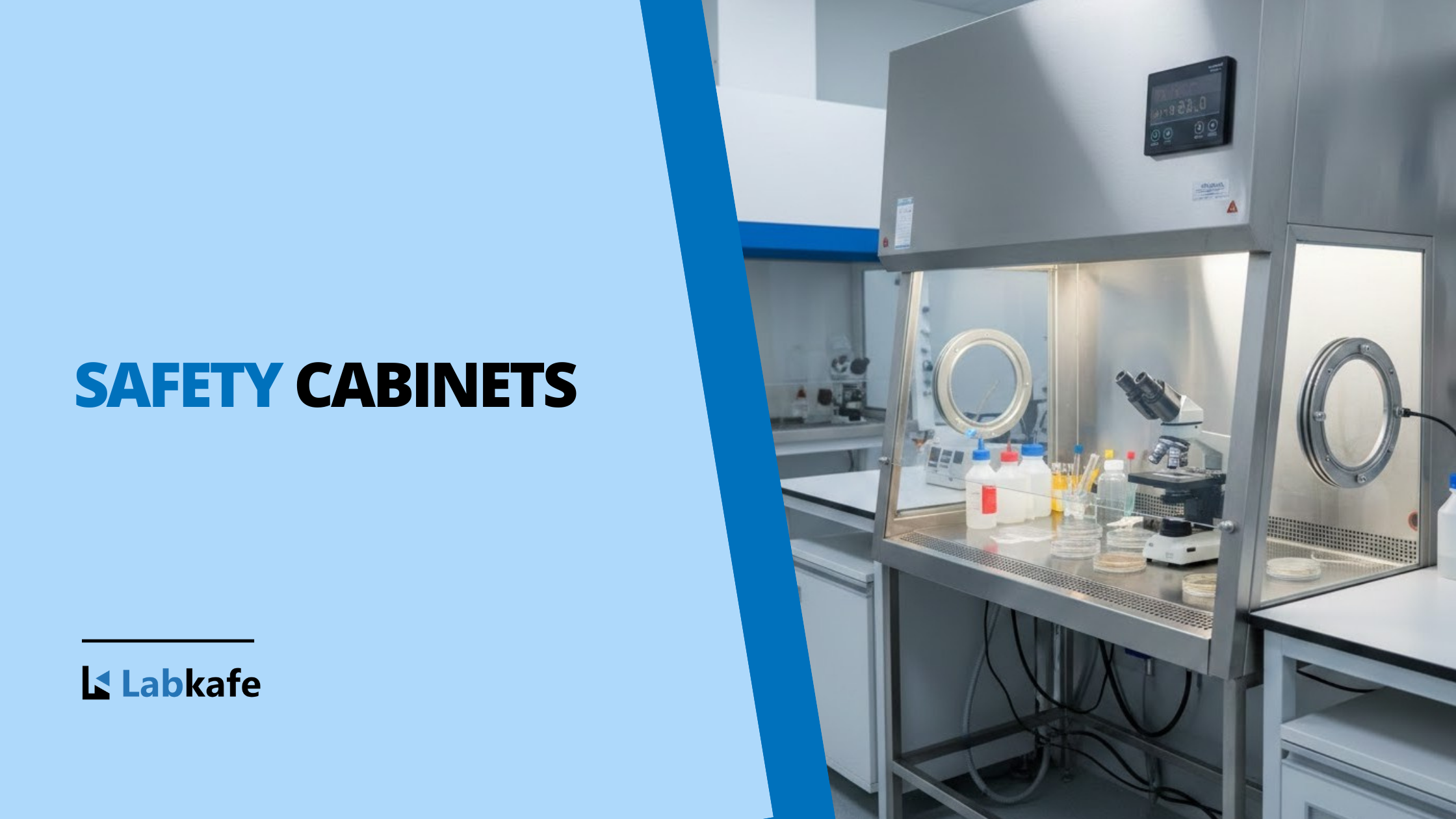
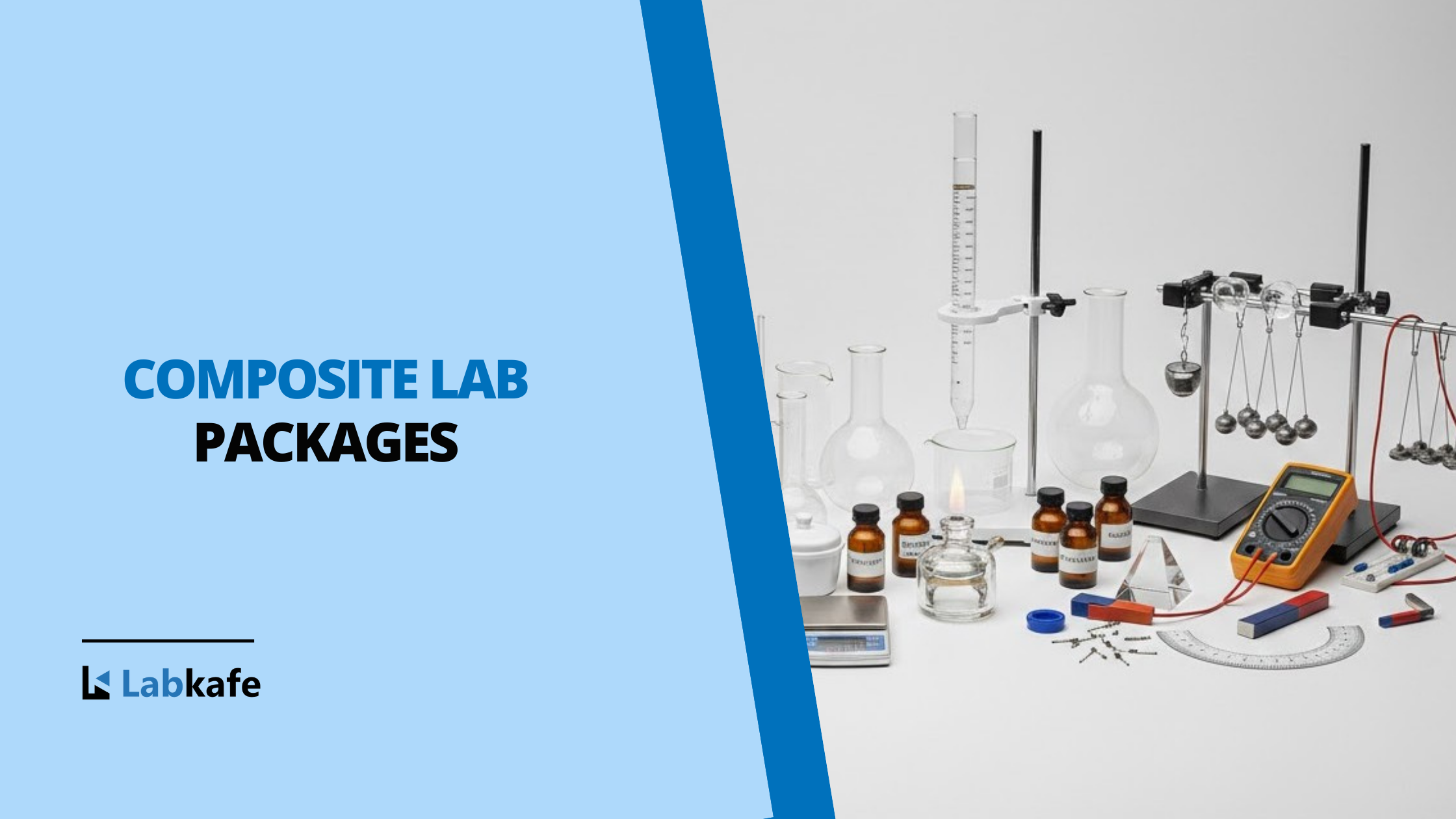
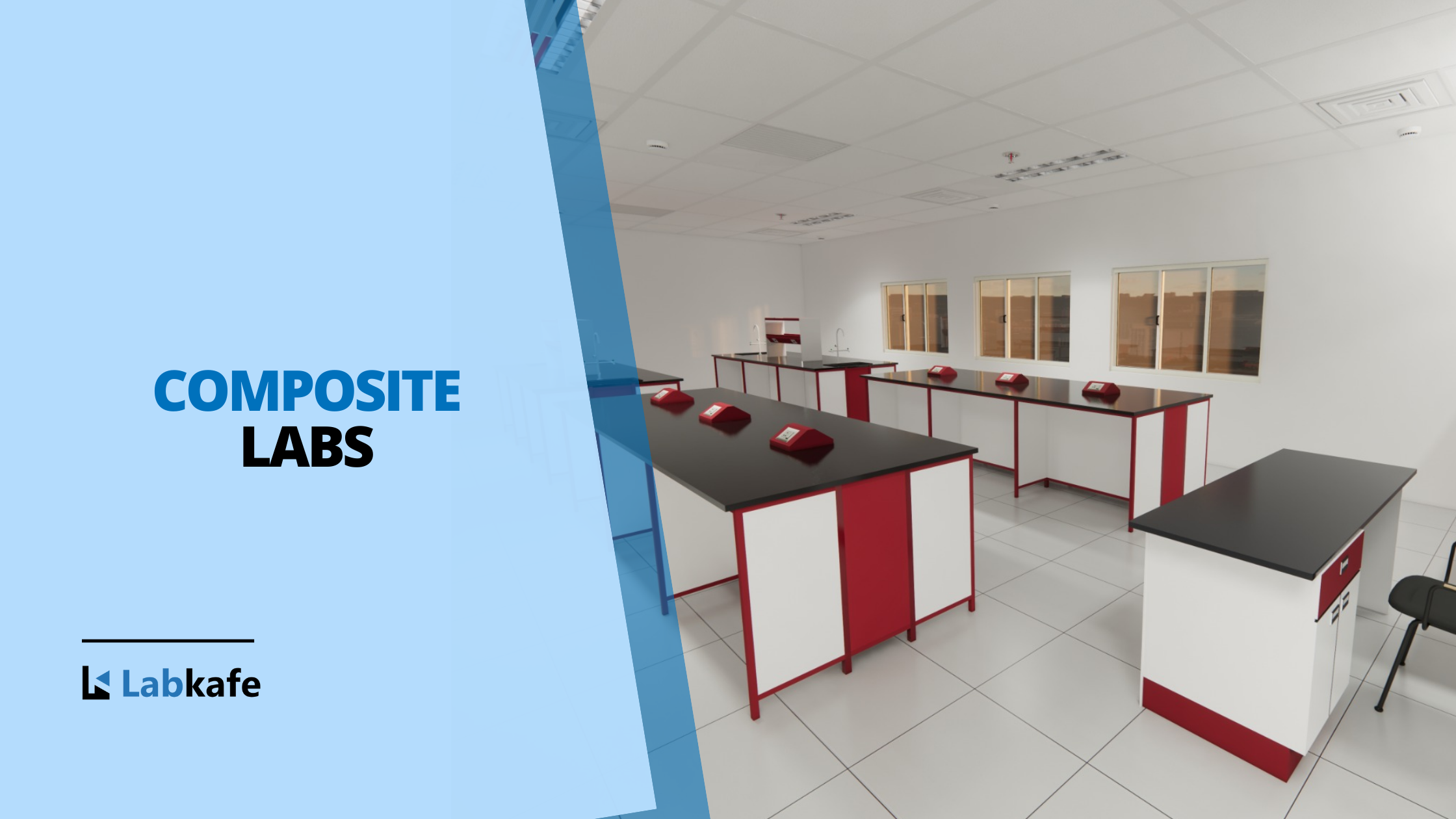
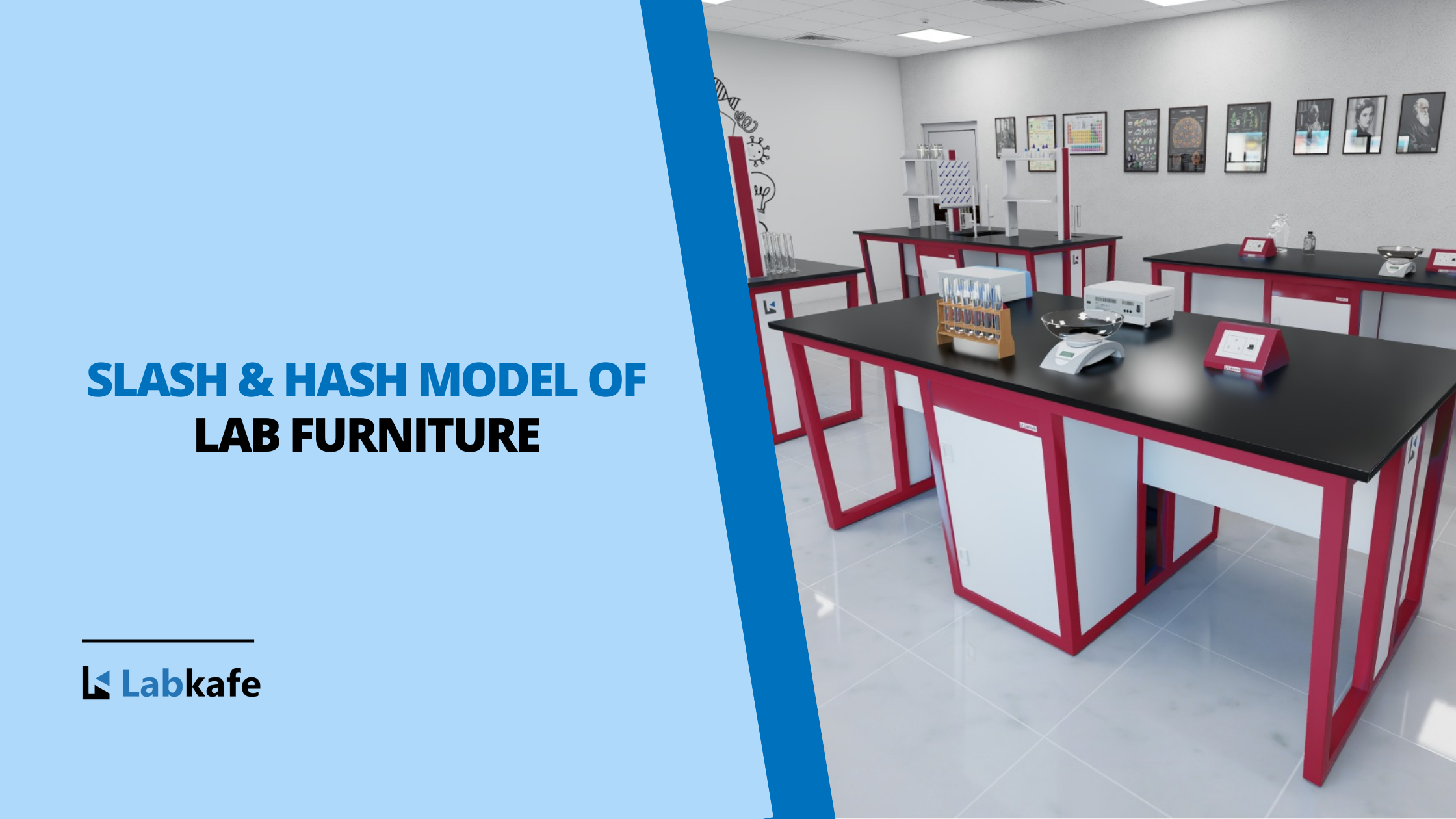
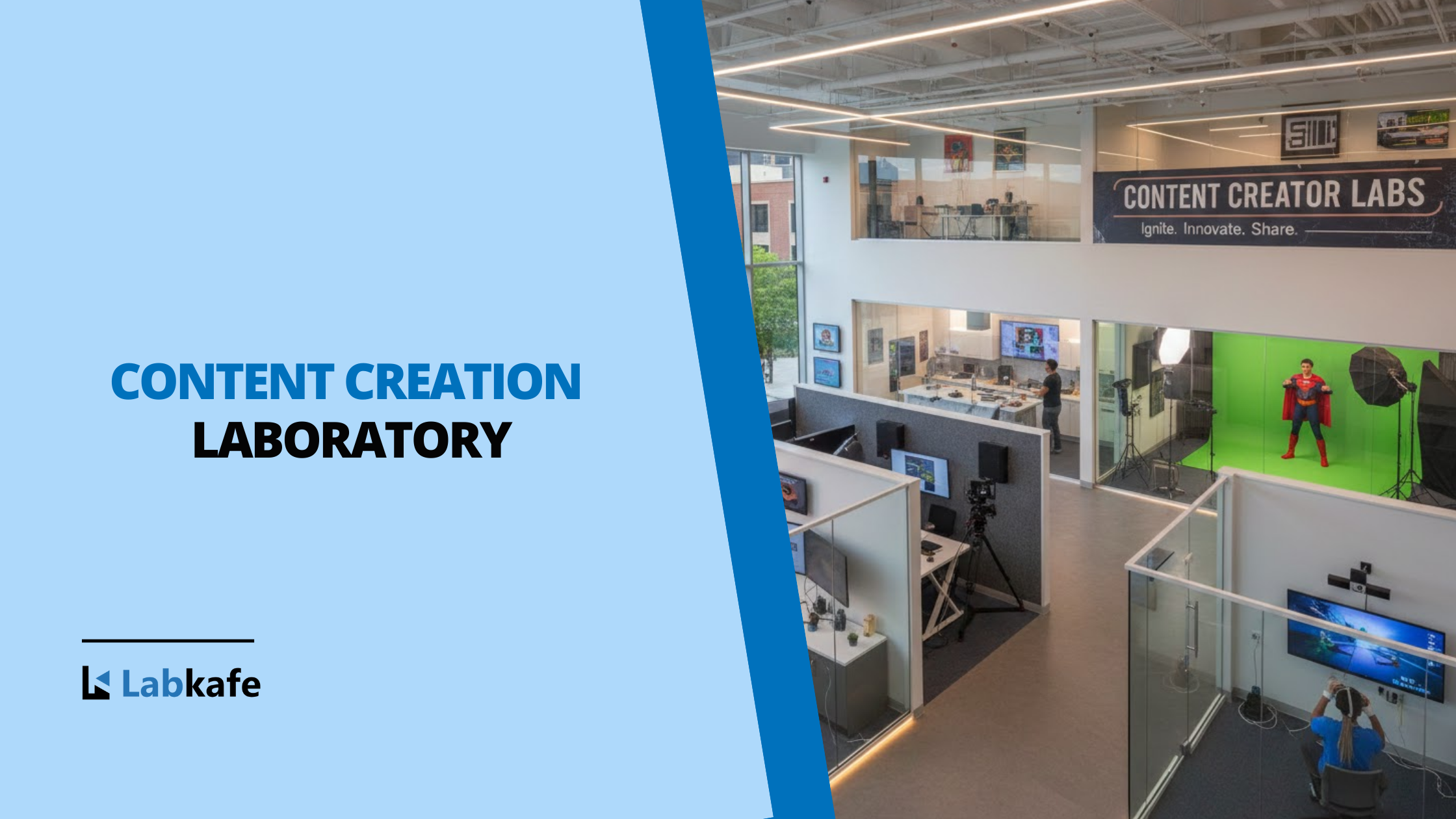
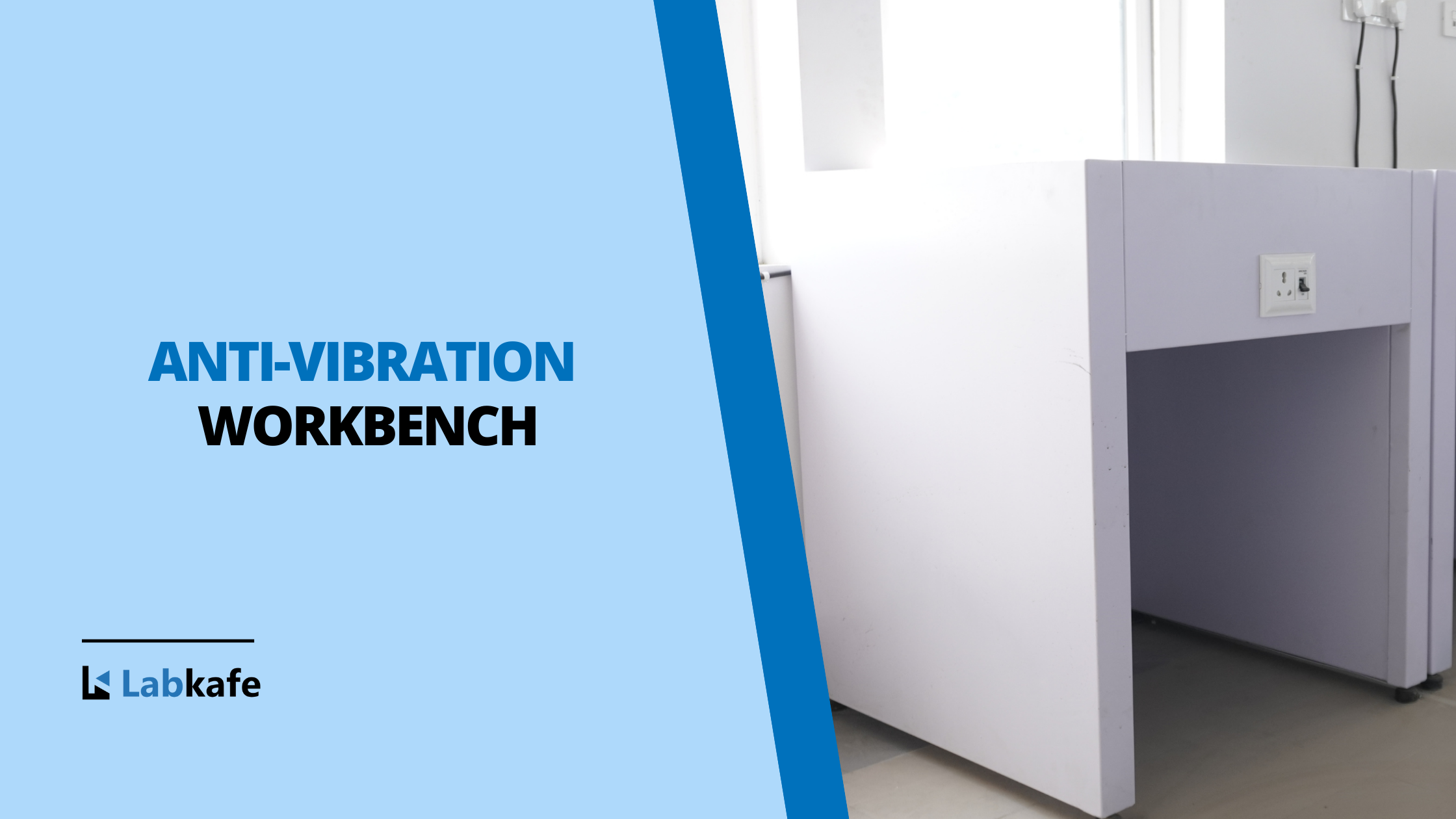
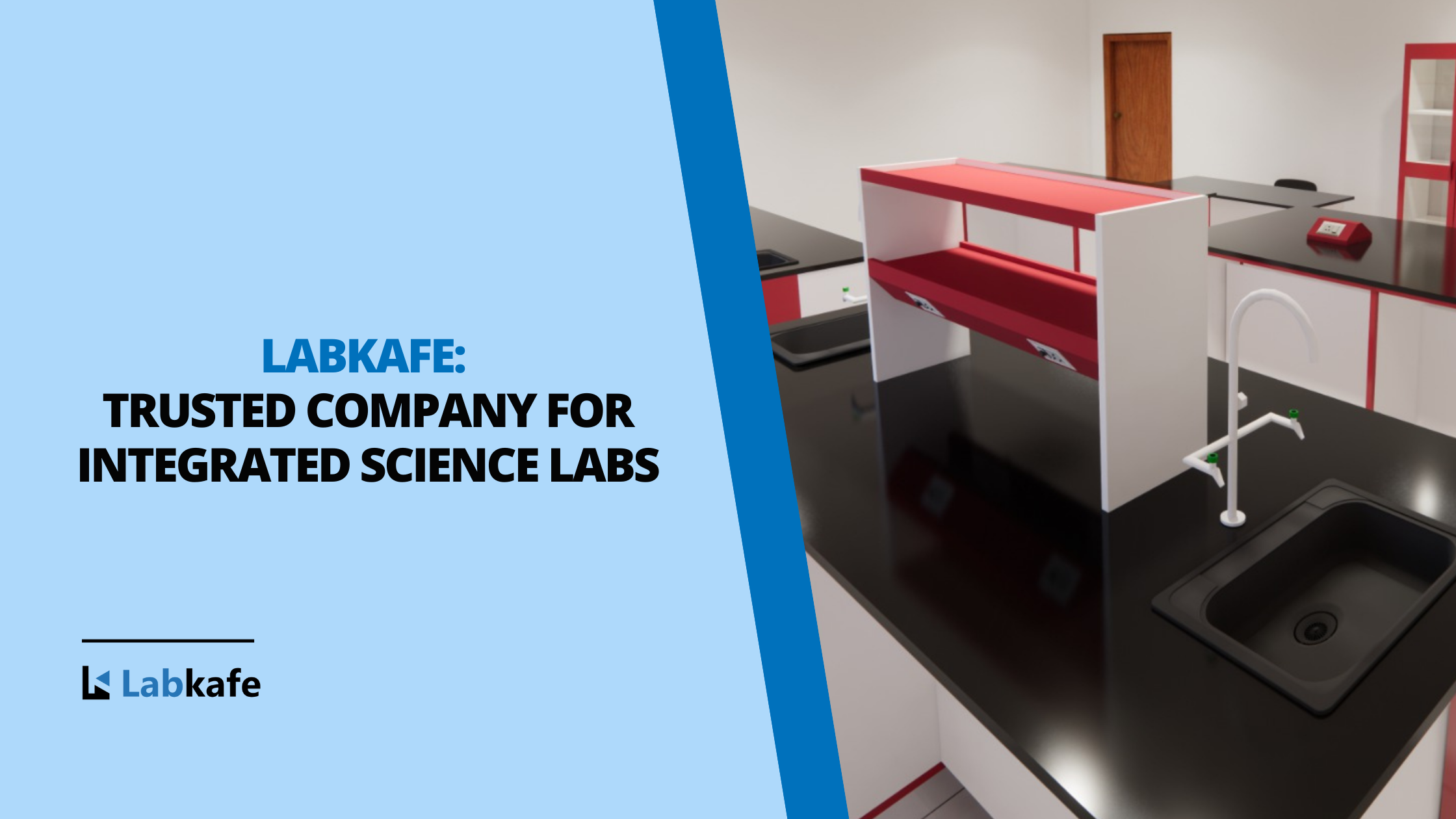
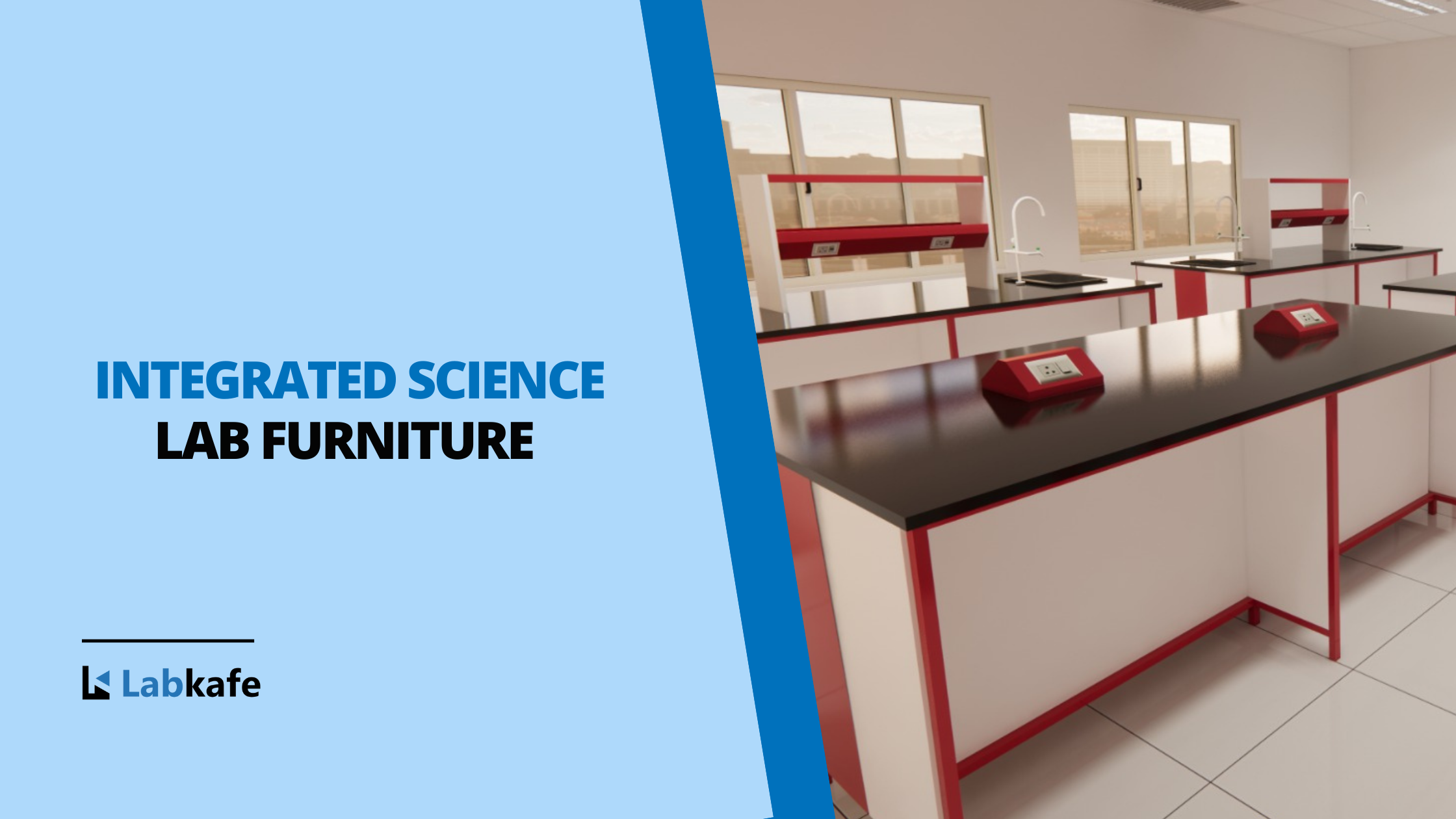

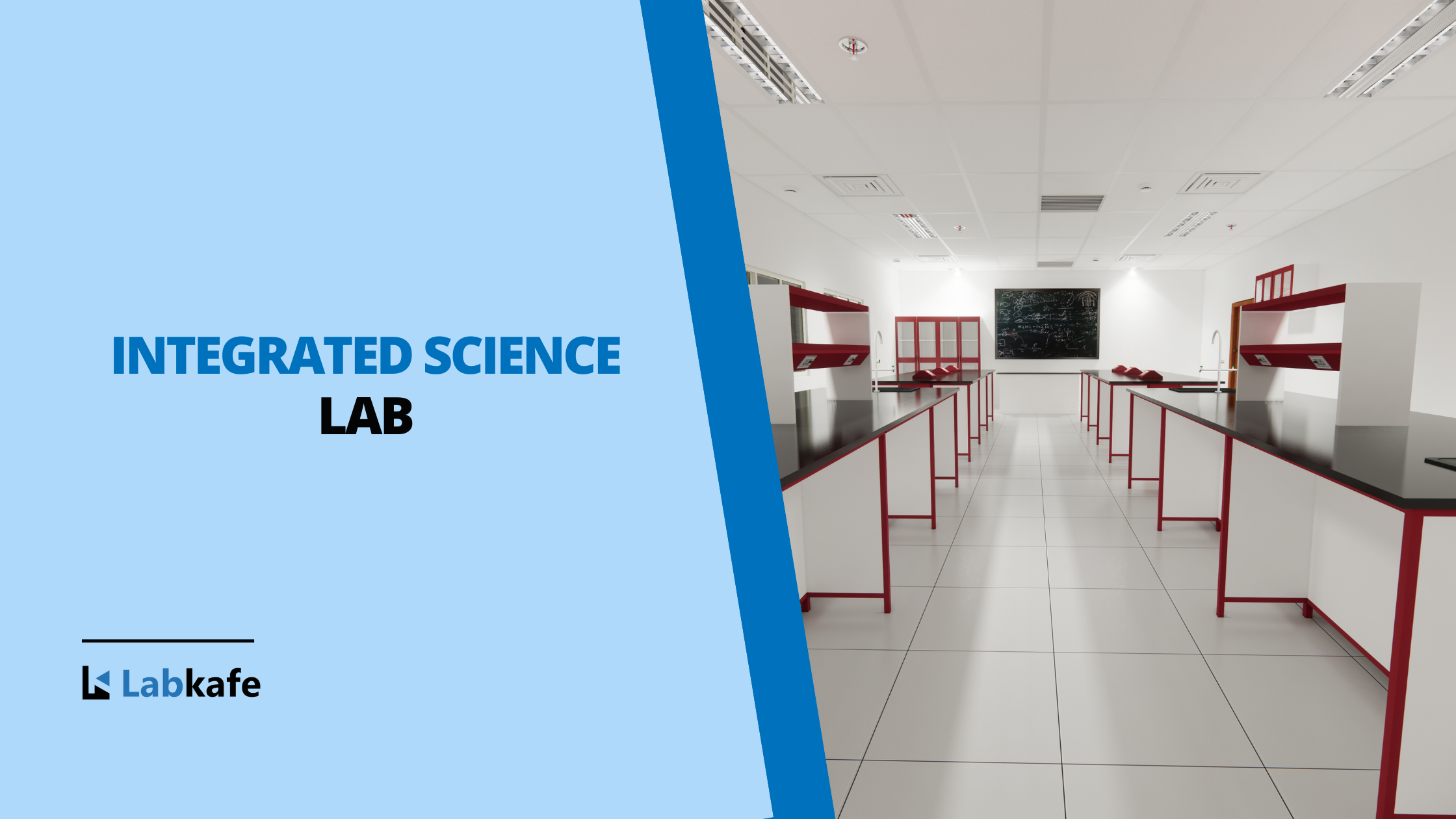

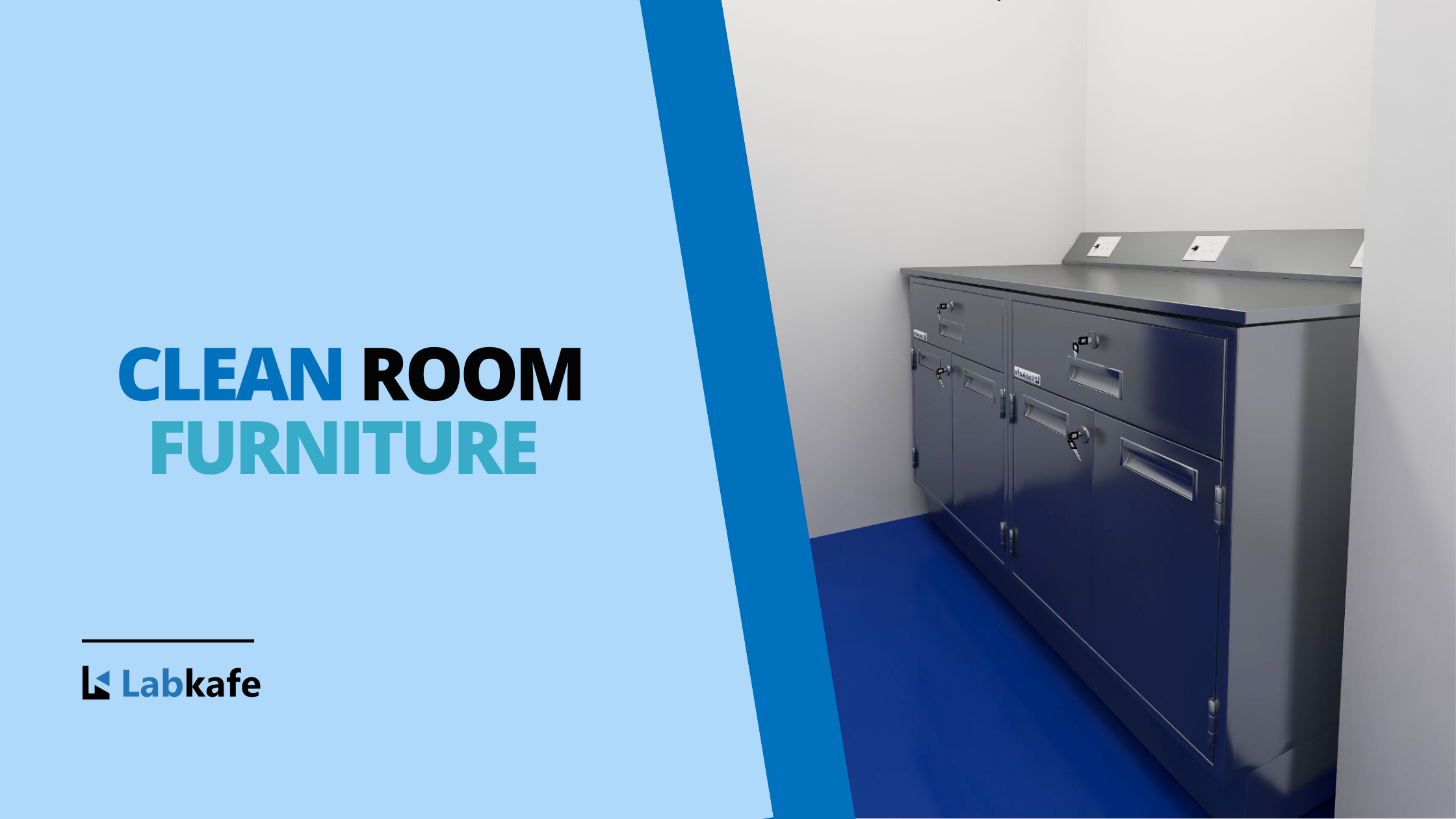
Leave a Reply